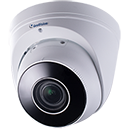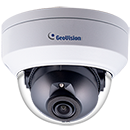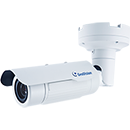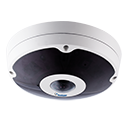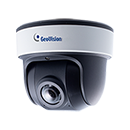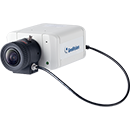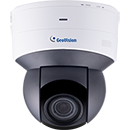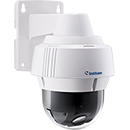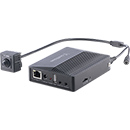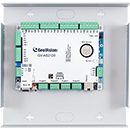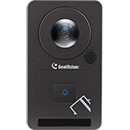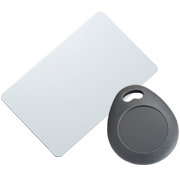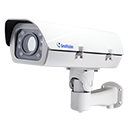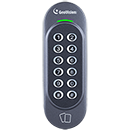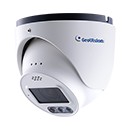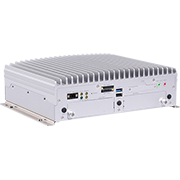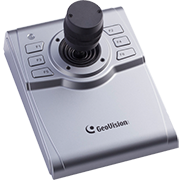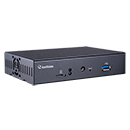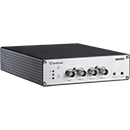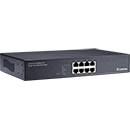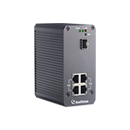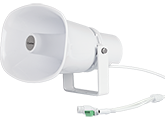
With 2018 soon to be over, many are now looking at what security technologies will be trending in 2019. Security 50 companies that we spoke to cited some of these technologies, which are summarized as follows.
1. Cybersecurity

Technology-wise, cybersecurity will continue to be a hot topic in 2019. In fact, cybersecurity has been ranked by the U.S.-based Security Industry Association (SIA) as No. 1 of the top 10 megatrends that are expected to shape the security industry in 2019. Indeed, amid cyber threats against security devices which are more and more migrating to the network, vendors must prove that their solutions are hardened against attacks and hacks. In 2019, cybersecurity will continue to be an important topic and cyber hardening measures will continue to be a key facet of product development.
2. AI/deep learning

Needless to say, AI and advanced analytics will also dominate in the security arena. AI/machine learning/deep learning will be a continuing technology trend that can yield dramatic increases in performance and capabilities of security systems.
3. Privacy protection

However, with AI gaining momentum, how data is used and protected will become a major issue. There are of course a lot of discussions in the industry about AI/deep learning. We also think there will be a heightened emphasis on privacy and personalization. Concerns about a company’s approach to privacy and the use of personal data will be one of the most impactful aspects of business moving forwards.
4. Edge computing

Closely related to AI/deep learning is edge computing, which will become more powerful to run complex algorithms; as well as cloud computing to make sense of all the data gathered. There will be enhanced edge computing resources to make smarter edge devices; greater acceptance of cloud-based solutions across the industry; and more intelligent use of the cloud for deeper analysis of incidents.
5. Mobile credentials

In terms of access control, wireless access control and mobile credentials will gain further market acceptance. Credentials on a smartphone, rather than a plastic card, are seeing traction.
Adapted from: a&s Magazine
